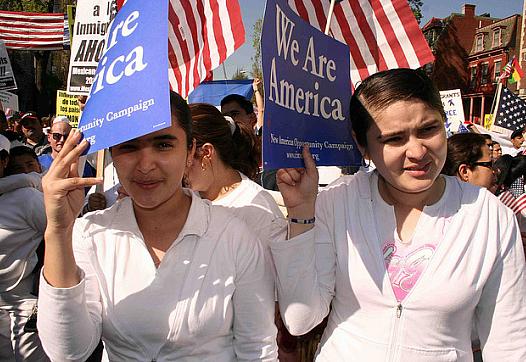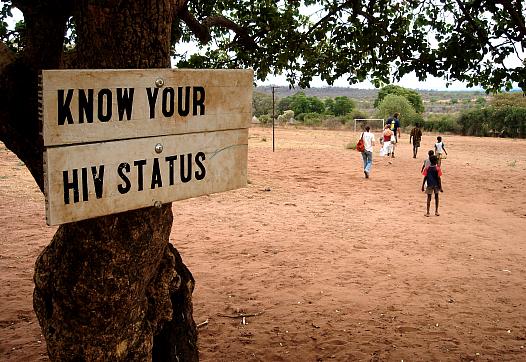
California leads the nation when it comes to fostering the health of undocumented immigrants, according to a recent report. Meanwhile, state legislators are considering legislation that would expand coverage to undocumented residents.

California leads the nation when it comes to fostering the health of undocumented immigrants, according to a recent report. Meanwhile, state legislators are considering legislation that would expand coverage to undocumented residents.

A recent report found big differences in how counties are handling California’s estimated 3 million uninsured. Some county safety net programs are serving very few residents, raising questions of whether such counties are adequately adapting to meet the needs of the remaining uninsured.

A new survey based on text messages finds that most Californians with health insurance are satisfied with their coverage and ability to get appointments. But the survey also found the coverage sign-up process poses big hurdles for the majority of uninsured respondents.

New federal immigration rules could potentially reduce California's pool of remaining uninsured by up to half a million people. But even if the new rules survive a current court challenge, the barriers to coverage are still high.
_0.jpg?itok=11eAUOo-)
Radio reporter Veronica Zaragovia of KUT in Austin focused her reporting series on the rollout of the ACA in Texas, especially some of its unanticipated effects. Here she reflects on a few of the lessons she learned along the way.

Leah Beth Ward's sustained reporting in The Yakima Herald-Republic on the impacts of Washington’s dairy industry has helped spur important changes. In the second half of our Q&A, Ward discusses the reaction to her series, both from the industry and the broader community.

The 2015 California Health Journalism Fellowship kicked off with a wide-ranging conversation between Gerald Kominski of UCLA's Center for Health Policy Research and Anna Gorman of Kaiser Health News on the past and future of health reform.

My project will compare the health status of Valley Latinos living in a handful of urban communities to those living in rural towns.

Most people wouldn’t think of the San Joaquin Valley - California’s agricultural heartland - as a hotbed for sexually transmitted infections. But the agriculturally rich yet impoverished region has a significant and growing HIV/AIDS problem that’s troubling local health officials.

There are around 120,000 indigenous Mexican migrants living in California. Most of them are farmworkers, face poor living conditions and higher than normal rates of illnesses. Many don't speak English or Spanish and are living in the country illegaly. They typically don’t have access to health care.